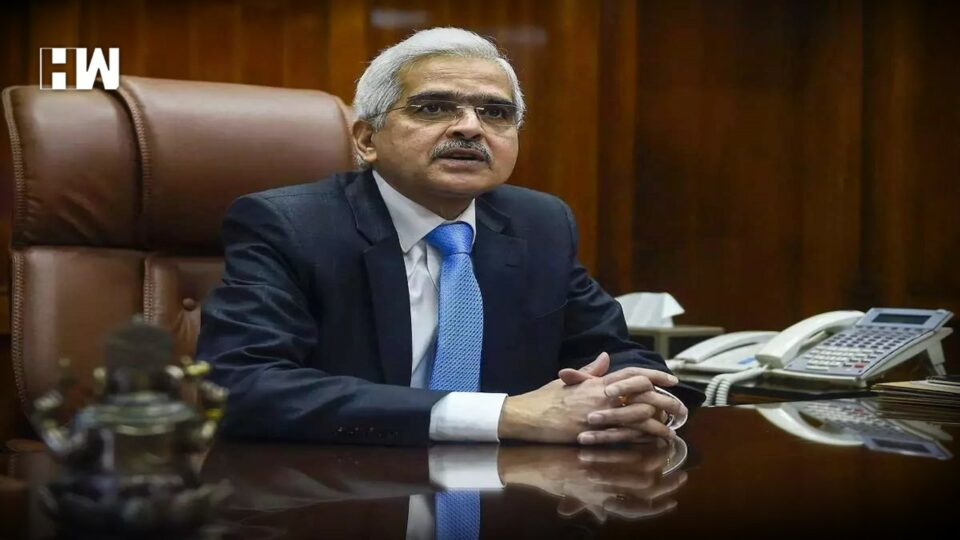Inflation is a measure of the trust and confidence that the public reposes in the economic institutions of the country, Das said.
India’s inflation is expected to ease gradually in the second half of the current financial year 2022-23, “precluding the chances of a hard landing” monetary policy actions, said the Reserve Bank of India Governor, Shaktikanta Das. On Saturday, he said, “The central bank would continue to take monetary measures to anchor inflation with a view to achieving strong and sustainable growth.”
Inflation is a measure of the trust and confidence that the public reposes in the economic institutions of the country, Das said while speaking at the inaugural Kautilya Economic Conclave.
Currently, the retail inflation has been over the RBI’s upper tolerance band of 6 per cent for the fifth consecutive month in a row. Apart from this, domestic wholesale inflation has been in double-digits for over a year now.
At present, RBI’s mandate is to keep retail inflation at 4 per cent with a tolerance band of 2 percentage points, i.e. 200 basis points on either side.
“While factors beyond our control may affect inflation in the short run, its trajectory over the medium-term is determined by monetary policy. Therefore, monetary policy must take timely actions to anchor inflation and inflation expectations so as to place the economy on a strong and sustainable growth pedestal. We will continue to calibrate our policies with the overarching goal of preserving and fostering macroeconomic stability,” he said.
Das noted that the Monetary Policy Committee (MPC) in its April and June meetings revised the projection of inflation for 2022-23 in two stages to 6.7 per cent, taking stock of the evolving developments and with inflation pressures getting generalized.
Further, on food prices, he said global prices reached a historical high in March and their effects were felt in edible oil, feed cost, and domestic wheat prices. “The loss of rabi wheat production due to an unprecedented heat wave put further pressures on wheat prices. Cost-push pressures were also aggravated by supply chain and logistics bottlenecks due to the war and sanctions,” the Governor said.
Talking about prospects for global growth, Das said the sharply tightening financial conditions due to the ongoing monetary policy normalization on the one hand and the persisting geopolitical tensions on the other pose significant downside risks to the near-term.
As an independent media platform, we do not take advertisements from governments and corporate houses. It is you, our readers, who have supported us on our journey to do honest and unbiased journalism. Please contribute, so that we can continue to do the same in future.

